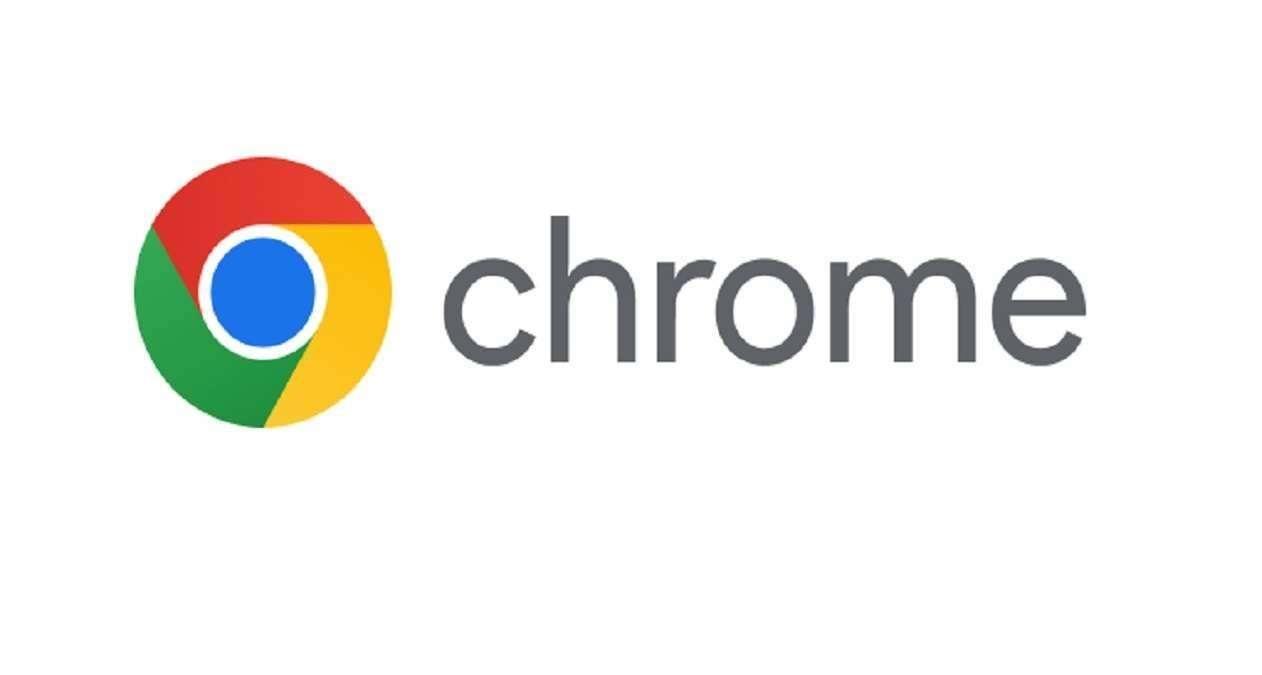Google has reversed its decision to phase out third-party cookies in its Chrome browser, a move that comes after years of promising to eliminate these small bits of code used to track users across the internet, according to reports.
This turnaround follows concerns primarily from advertisers, who constitute Google’s largest revenue source, asserting that losing cookies in the world’s most widely used browser would restrict their ability to gather data for personalized advertising. Instead, they would become reliant on Google’s own user databases, as reported.
The UK’s Competition and Markets Authority (CMA) had also scrutinized Google’s original plan due to fears that it could stifle competition in the digital advertising market.
Anthony Chavez, vice president of Google’s Privacy Sandbox initiative, explained the company’s new direction in a blog post, stating, “Instead of deprecating third-party cookies, we would introduce a new experience in Chrome that lets people make an informed choice that applies across their web browsing, and they’d be able to adjust that choice at any time.”
Since 2019, Google’s Privacy Sandbox initiative under Alphabet has aimed to bolster online privacy while supporting digital businesses, with a key objective being the elimination of third-party cookies.
Cookies are packets of data that enable websites and advertisers to identify individual internet users and track their browsing behavior, but they can also facilitate unwanted surveillance.
In the European Union, the use of cookies is governed by the General Data Protection Regulation (GDPR), which mandates that publishers obtain explicit consent from users to store their cookies. Most major browsers also offer users the option to delete cookies as needed.
Chavez emphasized that Google is collaborating with regulators like the UK’s CMA and Information Commissioner’s Office, as well as with publishers and privacy advocacy groups, to refine this new approach, while continuing to invest in the Privacy Sandbox program.
“This decision by Google means that advertising stakeholders will not have to abruptly cease their reliance on third-party cookies,” commented Evelyn Mitchell-Wolf, an analyst at eMarketer.
Lena Cohen, a staff technologist at the Electronic Frontier Foundation, expressed concerns about the potential harm cookies can cause to consumers, such as through targeted ads that exploit vulnerable groups. “Google’s choice to maintain support for third-party cookies, despite other major browsers blocking them for years, reflects their advertising-driven business model,” Cohen remarked.
Overall, Google’s decision marks a significant shift in its approach to online privacy and digital advertising, influencing how user data is managed and utilized across the web.
